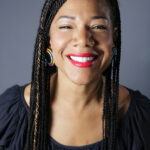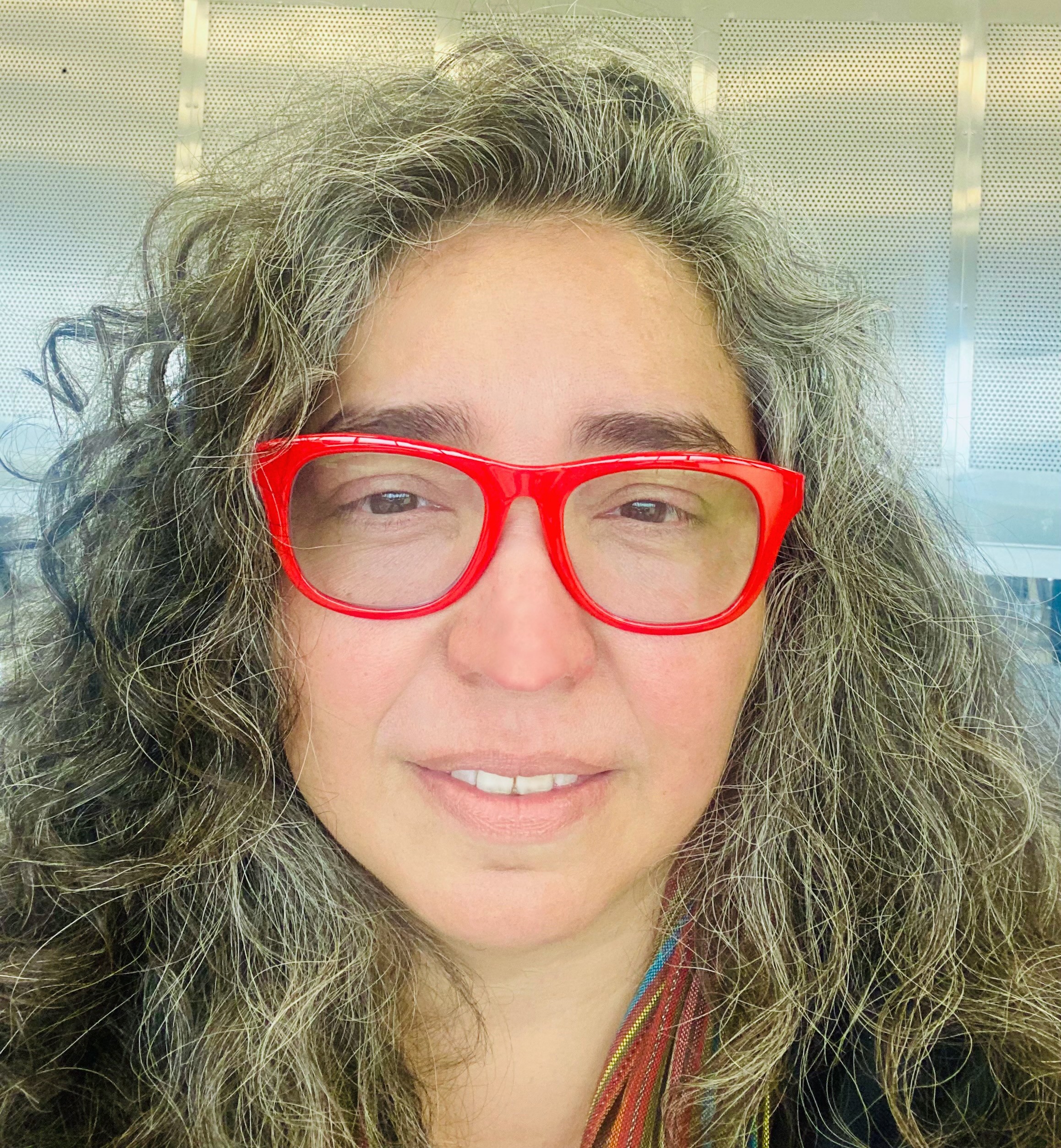Fisher Center and Center for Indigenous Studies
Martha Redbone: American Roots and Rhythms
Photo by Christine Jean Chambers
May 4, 2024
Fisher Center and Center for Indigenous Studies
Photo by Christine Jean Chambers
May 4, 2024


“A charismatic indie-soul diva.”—Time Out New York
Singer, songwriter, composer, and educator Martha Redbone broadens the boundaries of American Roots music with her eclectic and foot-stomping style: amplifying her Afro-Indigenous heritage with the sounds of Appalachian blues, folk, and gospel music. This talk will focus on the intersections of African American and Southeastern Native American culture in music.
This talk will be moderated by Angelica Sanchez, Assistant Professor of Music at Bard College.
Martha Redbone: American Roots and Rhythms is co-presented with the Center for Indigenous Studies at Bard.

This engagement has been made possible in part through the Mid Atlantic Tours program of Mid Atlantic Arts with support from the National Endowment for the Arts, and is supported in part by a grant from the Western Arts Alliance Advancing Indigenous Performance Touring Fund and the Andrew W. Mellon Foundation.
Martha Redbone is a vocalist, songwriter, composer, and music educator, celebrated for her tasty gumbo of roots music embodying the folk and mountain blues sounds of her childhood in the Appalachian hills of Kentucky, mixed with the eclectic grit of her teenage years in pre-gentrified Brooklyn. Inheriting her powerful gospel-singing father’s voice and the resilient spirit of her mother’s Southeastern Indigenous culture, Redbone broadens the boundaries of American Roots music with songs and storytelling that share her life experience as an Afro-Indigenous woman and mother navigating the new millennium.
Martha also works in partnership with longtime collaborator/husband Aaron Whitby. Their works give voice to issues of social justice, connecting cultures and celebrating the human spirit. Her album, The Garden of Love: Songs of William Blake (produced by Nitty Gritty Dirt Band founder and Grammy-winner John McEuen), is “a brilliant collision of cultures” (New Yorker). Redbone and Whitby are the composers, arrangers, and orchestrators of the original music and score for the critically acclaimed 2022 Broadway revival of For Colored Girls Who Have Considered Suicide/When the Rainbow is Enuf, the 1976 classic choreopoem by the late Ntozake Shange, which premiered at the Booth Theater and garnered seven Tony Award nominations. Redbone and Whitby are the 2020 Drama Desk Award recipients for Outstanding Music in a Play and the 2020 Audelco Award recipients for Outstanding Composer of Original Music and Score for the Off-Broadway revival. Redbone is a 2021 United States Artist Fellow.
 Pianist, composer, and educator Angelica Sanchez relocated to New York from Arizona in 1995. Since making the move to the east coast, Sanchez has collaborated with esteemed artists such as Wadada Leo Smith, Paul Motian, Richard Davis, Jamaaladeen Tacuma, Nicole Mitchell, and Rob Mazurek, among others. Notably, Sanchez leads various groups, including her latest ensemble, the Nonet.
Pianist, composer, and educator Angelica Sanchez relocated to New York from Arizona in 1995. Since making the move to the east coast, Sanchez has collaborated with esteemed artists such as Wadada Leo Smith, Paul Motian, Richard Davis, Jamaaladeen Tacuma, Nicole Mitchell, and Rob Mazurek, among others. Notably, Sanchez leads various groups, including her latest ensemble, the Nonet.
Her musical contributions have garnered recognition in both national and international publications, including Jazz Times, The New York Times, The Wire, and Downbeat, among others. Sanchez received the 2024 Rockefeller Brothers Pocantico artist residency, the 2022 Civitella Fellowship in Italy, and most recently the Jazz Gallery Composition Fellowship.
The piano duo project “How to Turn the Moon,” featuring Marilyn Crispell, was voted one of the top 50 best recordings in 2020 by NPR critics. Additionally, her album “Sparkle Beings” was selected by The New York Times as one of the top ten jazz recordings of 2022. Furthermore, her Nonet recording, “Nighttime Creatures,” was recognized as one of the “Best recordings in 2023” by Downbeat Magazine and featured on NPR’s Fresh Air.
Angelica Sanchez holds a Master’s Degree in Arranging from William Paterson University and currently serves on the faculty at Bard College.
Nearby villages and towns in the Hudson Valley boast a large selection of restaurants, as well as a variety of hotels, motels, inns, and bed & breakfasts.
Eat & StayBard College’s main campus is located in Annandale-on-Hudson (a hamlet of Red Hook), New York, on the east bank of the Hudson River, about 90 miles north of New York City and 220 miles southwest of Boston. The Taconic State Parkway and the New York State Thruway provide the most direct routes to our campus. Click the Google map below, or get directions by entering the following address into your GPS: 60 Manor Avenue, Red Hook, NY 12571.
From the East
If you are traveling from east of the Hudson River in New York State, take the Taconic State Parkway to the Red Hook / Route 199 exit, drive west on Route 199 through the village of Red Hook to Route 9G, turn right onto Route 9G, drive north 1.9 miles, turn left onto Annandale Road, then turn right onto Manor Ave.
From the West
If you are traveling from west of the Hudson River, take the New York State Thruway (I-87) to exit 19 (Kingston), take Route 209 (changes to Route 199 at the Hudson River) over the Kingston-Rhinecliff Bridge to Route 9G, turn left onto Route 9G, drive north 3.5 miles, turn left onto Annandale Road, then turn right onto Manor Ave.
Accessible Seating
Wheelchair-accessible seating is available at all performances. Due to the flexible nature of this performance space, wheelchair seating varies for each production.
Wheelchair-Accessible Restrooms
Restrooms at all locations are wheelchair accessible. Single-use restrooms are available at most locations.
All-Gender Restrooms
Bard College and the Fisher Center support guests of any gender identity/expression in using the restroom of their choice. Additionally, all-gender restrooms are available at all venues.
Our driving principle is to operate with a duty of care for all our community—artists, audiences, and staff alike.
In order to share performances with as many audience members as possible, we ask that you read our Health and Safety Protocols on the FAQs page and commit to participating in our community of care.
Read the FAQs and Safety Protocols